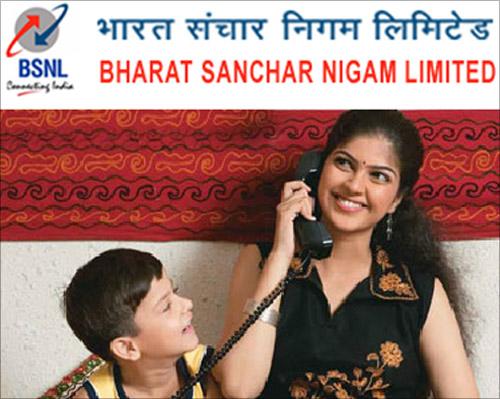
Mahanagar Telephone Nigam Limited (MTNL) and Bharat Sanchar Nigam Limited (BSNL), the two big state-controlled telecom companies, have written to the government asking that it bear the entire cost of the additional spectrum assigned to the two giants.
Under the recommendations that are before the Empowered Group of Ministers, or EGoM, all telecom companies with more than 4.4 gigahertz of spectrum are to pay a one-time fee for it.
At the currently accepted prices, MTNL and BSNL are asking, essentially, for a subsidy of Rs 11,000 crore. The two PSUs say, simply, that they can't afford to pay.
...
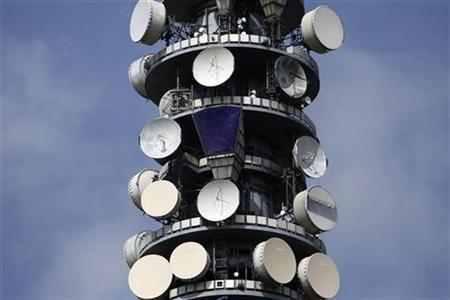
The Department of Telecommunications seems to be on their side, having endorsed the demand and sent it up to the EGoM for its decision.
This, of course, puts a hole in the government's estimates of revenue from the sale of spectrum, which it originally thought might help it in its efforts towards fiscal consolidation.
For that reason, the EGoM might be tempted to refuse BSNL's and MTNL's demand. It should indeed do so, but for additional, more basic reasons: there is simply no reason for the central exchequer to continue to subsidise loss-making companies that have failed to face up to tough competition from private sector players.
...
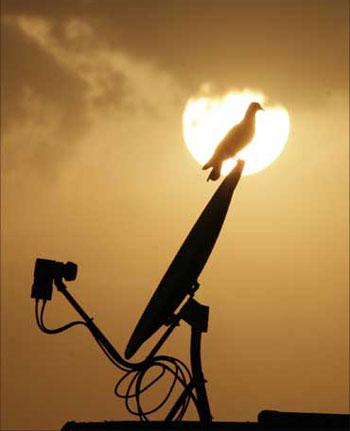
Surely the example of Air India should be sufficient to warn the government against pouring money into loss-making public sector enterprises when efficient private sector competition ensures that the PSUs are never likely to turn a profit.
Telecom is a hyper-competitive market, and is likely to remain so.
No public sector organisation, with its lack of flexibility and inevitably inflated wage bill, is likely to match private sector providers in profitability and competitiveness.
...

Indeed, BSNL made a loss worth Rs 8,800 crore in 2011-12, and MTNL incurred losses of Rs 4,100 crore.
This trend continued in the April-June quarter of 2012. MTNL's net loss increased by 24 per cent year-on-year to Rs 1,060 crore.
Meanwhile, its total income from operations rose a meagre two per cent year-on-year, to Rs 833 crore.
In other words, in the first quarter of the current financial year, it lost around Rs 11.5 crore a day. Its earnings were just Rs 9 crore a day. The case of BSNL is similar. If ever an operation's numbers look unsustainable, these companies' do.
...
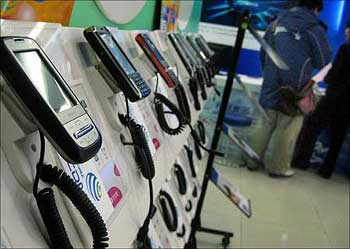
The two companies own a substantial amount of spectrum, and have rolled out a strong and widespread infrastructure network.
Both resources are expected to be scarce in the sector following the shake-up that began with the Supreme Court's 2G judgment.
A cash-strapped government cannot in good conscience sign up to start pouring subsidies into an eternally widening ho#8804 it must recognise that it should move towards shutting these companies down and selling their assets at the best possible cost.
...
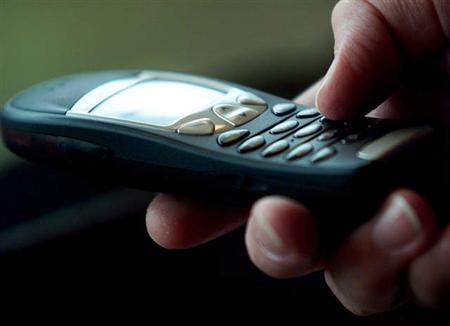
In some parts of the country, the subscribers' coverage and network reach of BSNL and MTNL are the envy of private operators.
Privatising that infrastructure would not only prevent a further erosion of the credibility of the government's fiscal consolidation, but also boost the troubled telecom sector and allow consumers in those areas access to the service standards of the private sector.